Which Type Of Back Pain Are You Experiencing?
October 1, 2024
It’s frustrating when simple activities like bending over to tie your shoes or sitting at your desk for a few hours leave you in agony. But not all back pain is created equal—and understanding the type you’re dealing with is the first step toward effective treatment and relief.
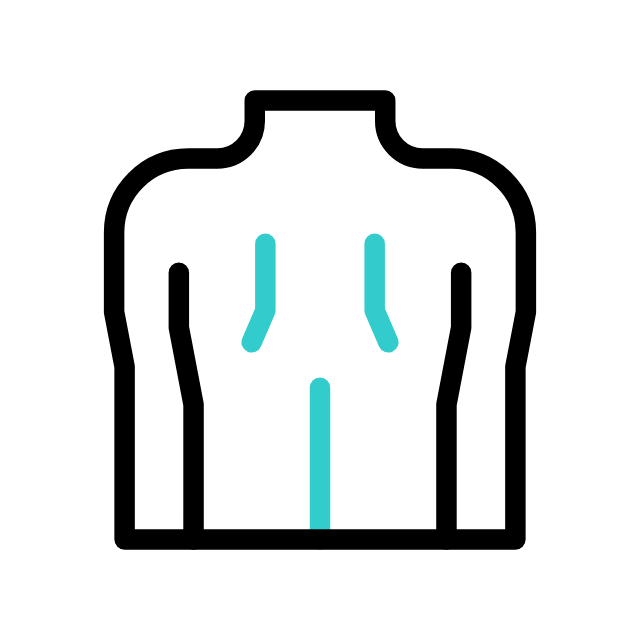
There are many different types of back pain, each with its own set of causes, symptoms, and solutions. Whether you’re experiencing sharp lower back pain, constant stiffness, or a nagging ache in your upper back, knowing what’s behind your discomfort can make a world of difference in finding the right treatment.
This post will help you identify the type of back pain you might be experiencing, guiding you in making an informed decision about your care options.
Acute vs. Chronic Back Pain
The first thing to consider is whether your back pain is acute or chronic. Acute back pain is sudden and severe, often caused by an injury or strain, and typically lasts for a few days to a few weeks. It can be triggered by lifting something heavy or twisting your back the wrong way.
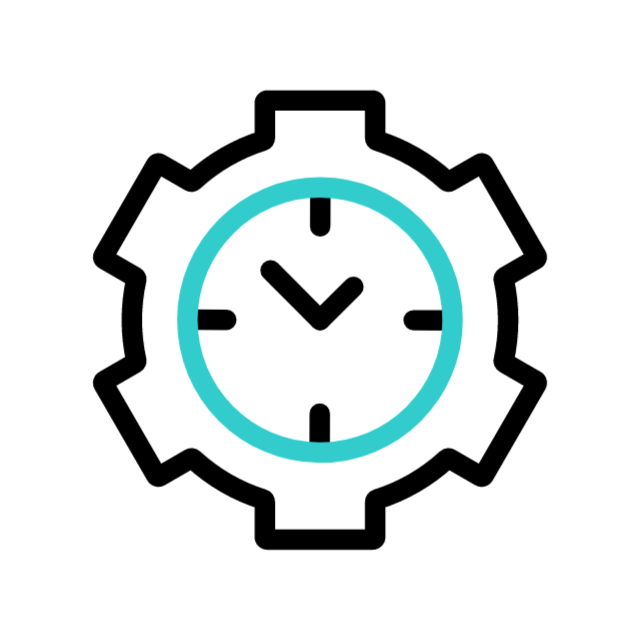
Chronic back pain, on the other hand, persists for longer than 12 weeks and is often more challenging to manage. It can be caused by underlying conditions like arthritis, disc degeneration, or even psychological factors such as stress and anxiety. Chronic pain can severely impact your quality of life, making it difficult to perform everyday activities or even enjoy time with family and friends.
Non-specific back pain
Non-specific back pain is back pain with no specific/identifiable disease or structural reason to explain it. Non-specific back pain accounts for 90% of all back pain cases - it’s by far the most common.
Mechanical Back Pain
Mechanical back pain usually results from issues with the muscles, ligaments and joints in your back. Poor posture, repetitive movements, and prolonged periods of sitting or standing can all contribute to this type of pain. Symptoms typically include pain that worsens with movement and improves with rest.
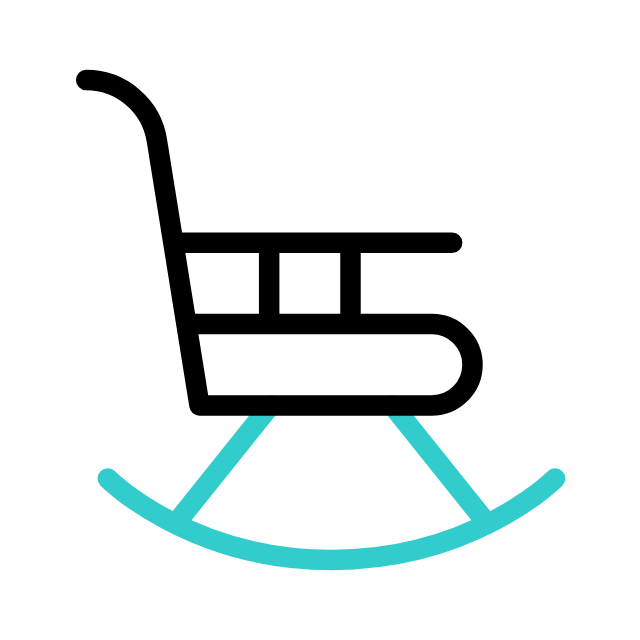
Radicular Back Pain
Radicular pain is caused by irritation or compression of a spinal nerve. This type of pain is often described as sharp, shooting, or burning and can radiate from your lower back down into your legs or from your neck into your arms. If you experience this type of pain, it’s essential to seek medical advice as it can lead to nerve damage if left untreated.
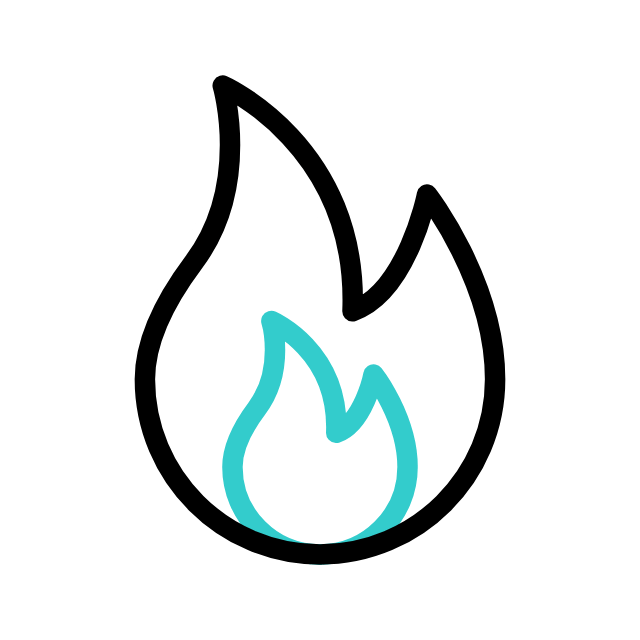
Referred Back Pain
Sometimes, the pain felt in the back isn’t originating from the spine itself but from another part of the body. This is known as referred pain. Radicular pain can be challenging to diagnose because it doesn’t follow the typical patterns of other back pain types. Researchers is improving our understanding of referred pain.
Neuropathic Back Pain
Neuropathic pain results from damage or dysfunction of the nerves themselves. This can happen due to conditions like sciatica, where the sciatic nerve is compressed, leading to pain that radiates from the lower back down to the legs. Neuropathic pain is often described as burning, tingling, or numbness and can be particularly difficult to manage with standard pain medications.
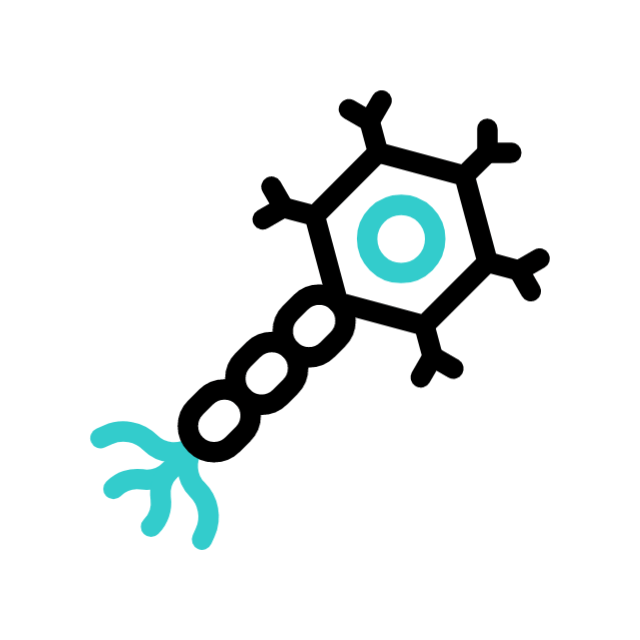
How Curv fits in
If you’re dealing with chronic or nonspecific back pain, multi-disciplinary approaches can be used to manage symptoms and improve your quality of life. These often include manual therapy, exercise and, less often, psychological support such as CFT. Remember, the key to relief is understanding your pain. With the right approach, you can start your journey towards a pain-free life. Wearable devices, such as Curv, can monitor your movement throughout your day and provide you with a personalised care plan.
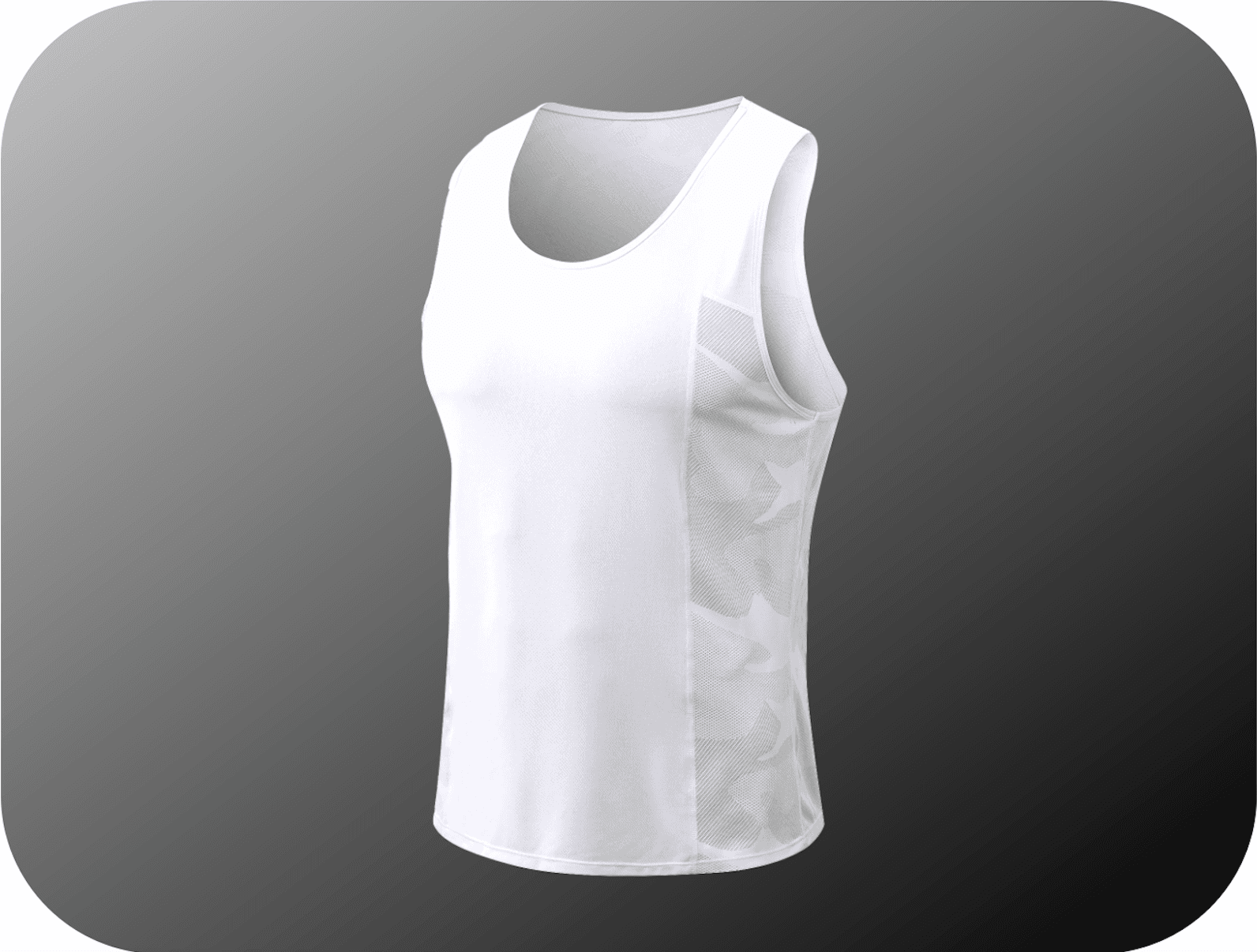
Back pain is incredibly common, but that doesn’t mean you have to live with it. By understanding the different types of back pain, you can take proactive steps to find relief. Whether it’s mechanical, radicular, referred, or neuropathic pain, there are effective strategies to manage and reduce your symptoms. Take control of your back health today, and don’t let pain hold you back any longer!